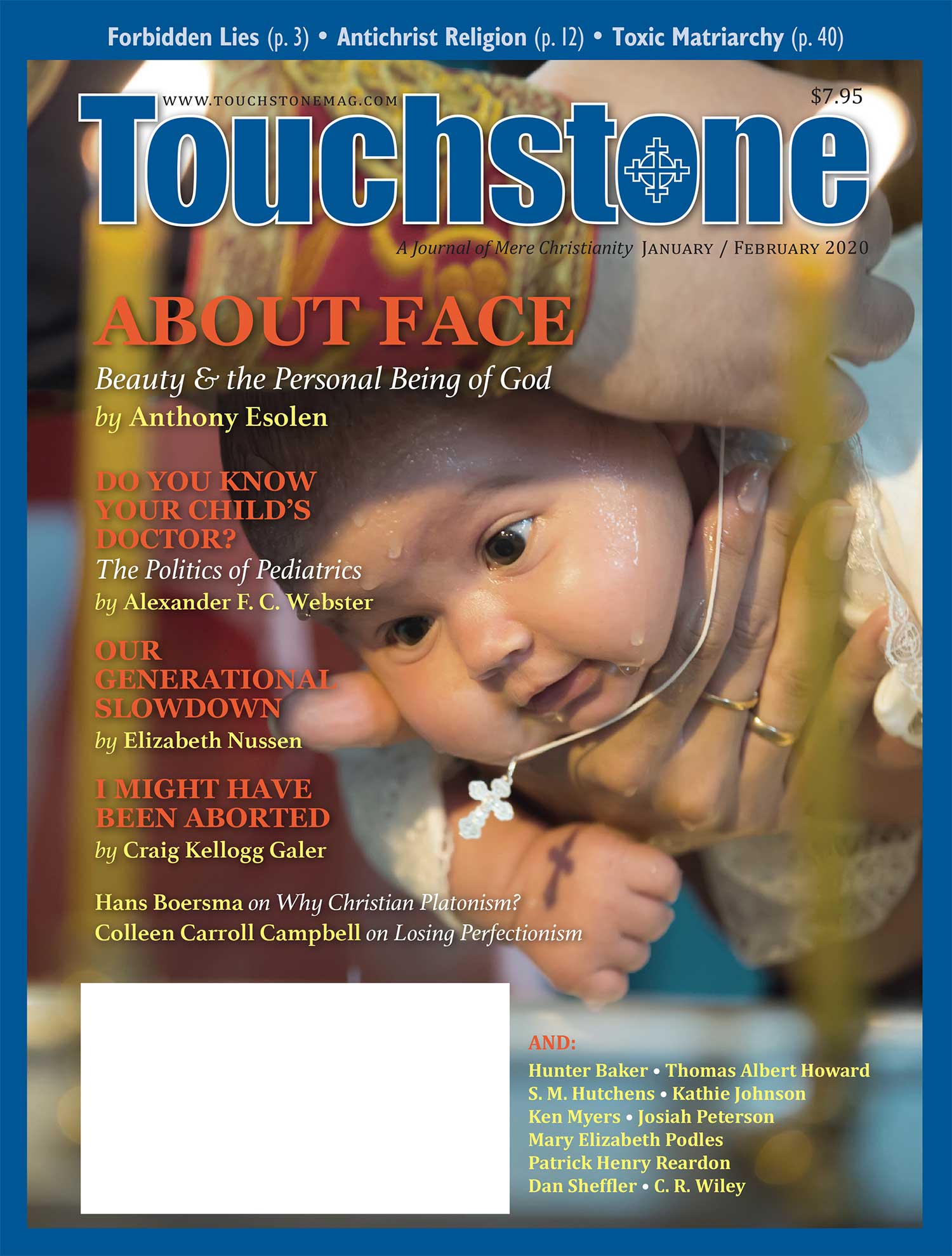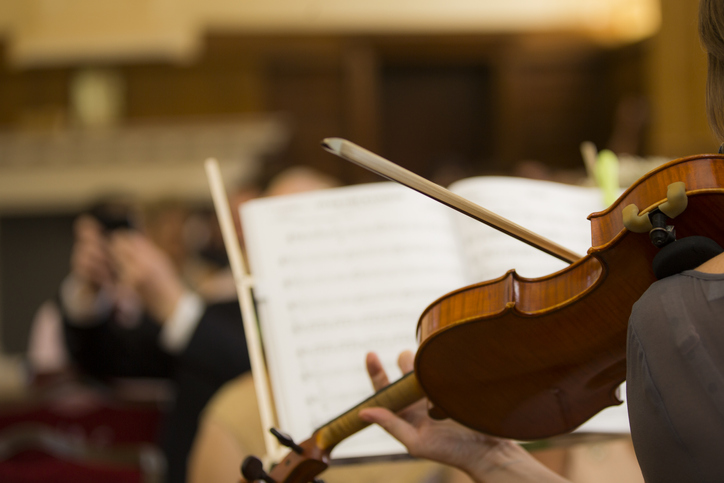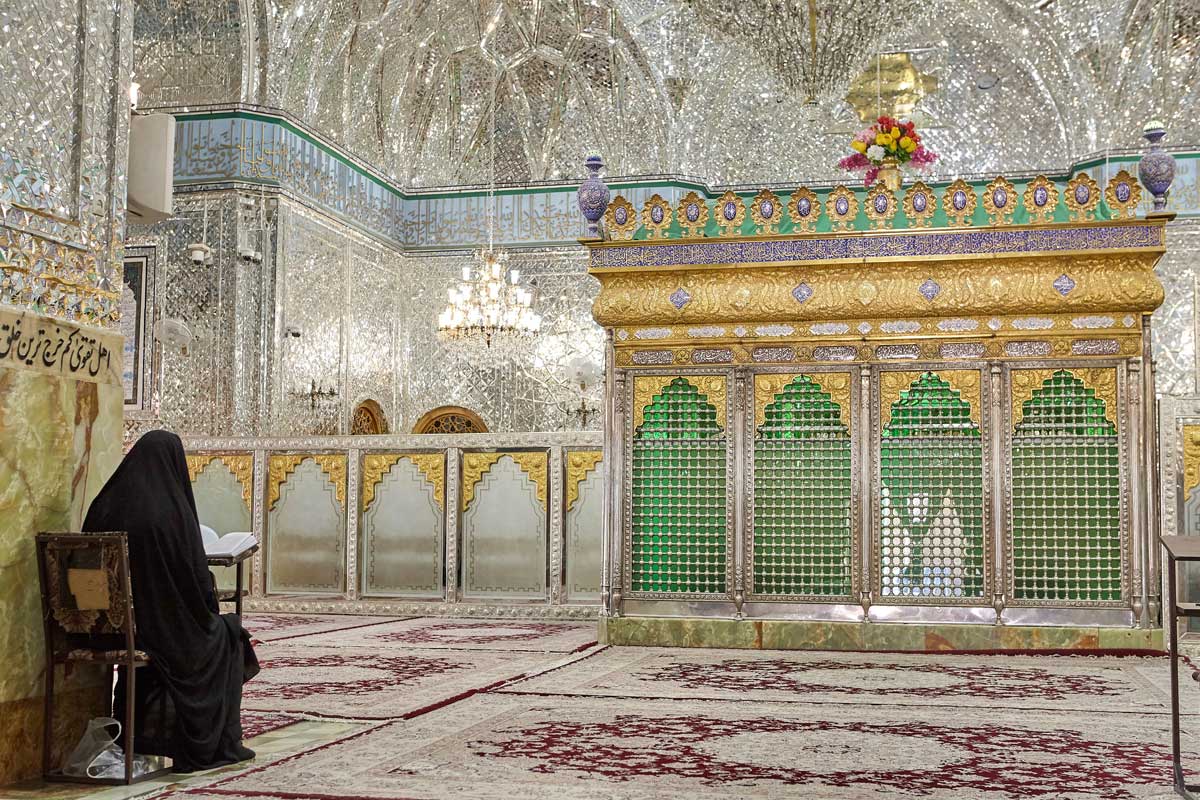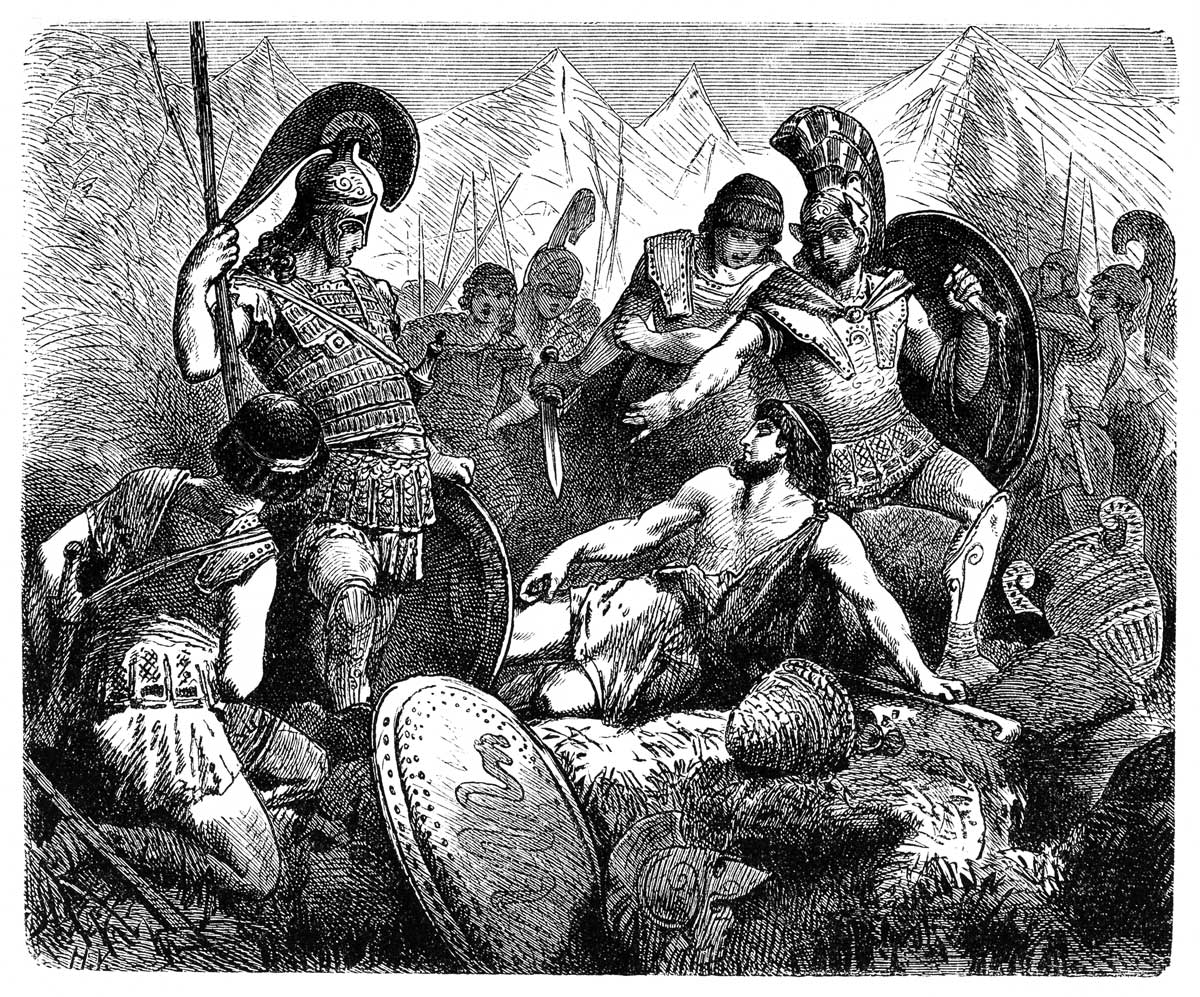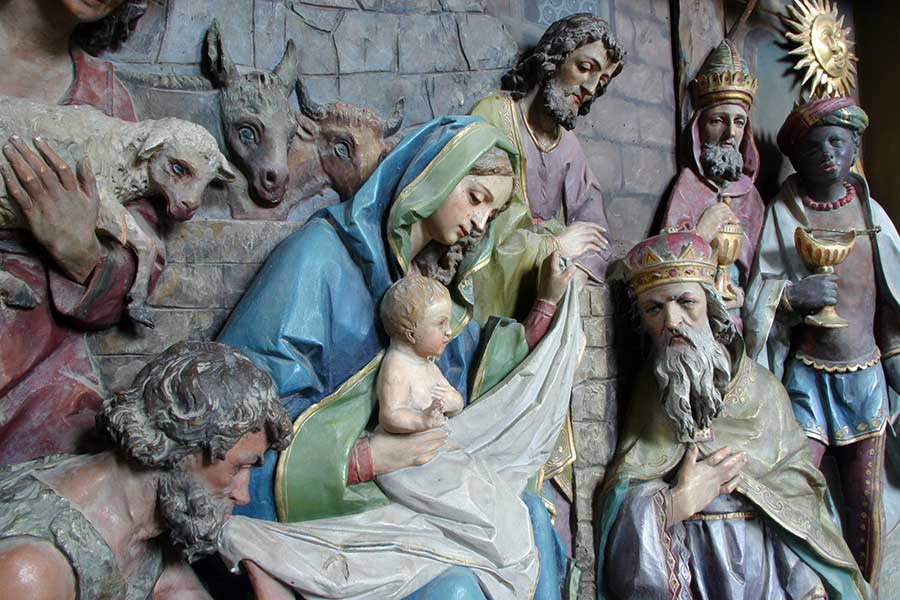From Heavenly Harmony
Master of Majesty & Lament
Henry Purcell (1659–1695) composed many more works for use in secular settings than in the Church’s worship. During his lifetime and in ours, his reputation has been built less on his anthems, devotional songs, and service music than on his works of chamber music, his operas and other theatrical works, and his lavish compositions for special royal celebrations. But it was within the context of liturgical music that Purcell’s musical genius first blossomed, and the many hours of sacred song that he left behind after his short life merit sustained attention by listeners and—where they are able and wise—even by church choirs.
In about 1668, when Purcell was eight or nine years old, he became a chorister in the Chapel Royal. “In” rather than “at” is the correct preposition here, since the Chapel Royal was and is an organization rather than a building, a group of clergy and musicians who serve the royal household.
In addition to singing in services for the royal family, the young choristers of the Chapel Royal would have learned to play a number of instruments and studied music theory. Henry Purcell’s teachers included Christopher Gibbons, the son of the distinguished composer Orlando Gibbons (1583–1625), and John Blow (1649–1708), a noted composer and organist at Westminster Abbey, a post that Purcell himself would assume in 1679.
THIS ARTICLE ONLY AVAILABLE TO SUBSCRIBERS.
FOR QUICK ACCESS:
Ken Myers is the host and producer of the Mars Hill Audio Journal. Formerly an arts editor with National Public Radio, he also serves as music director at All Saints Anglican Church in Ivy, Virginia. He is a contributing editor for Touchstone.
subscription options
Order
Print/Online Subscription

Get six issues (one year) of Touchstone PLUS full online access including pdf downloads for only $39.95. That's only $3.34 per month!
Order
Online Only
Subscription

Get a one-year full-access subscription to the Touchstone online archives for only $19.95. That's only $1.66 per month!
bulk subscriptions
Order Touchstone subscriptions in bulk and save $10 per sub! Each subscription includes 6 issues of Touchstone plus full online access to touchstonemag.com—including archives, videos, and pdf downloads of recent issues for only $29.95 each! Great for churches or study groups.
Transactions will be processed on a secure server.
more on music from the online archives
more from the online archives
calling all readers
Please Donate
"There are magazines worth reading but few worth saving . . . Touchstone is just such a magazine."
—Alice von Hildebrand
"Here we do not concede one square millimeter of territory to falsehood, folly, contemporary sentimentality, or fashion. We speak the truth, and let God be our judge. . . . Touchstone is the one committedly Christian conservative journal."
—Anthony Esolen, Touchstone senior editor





